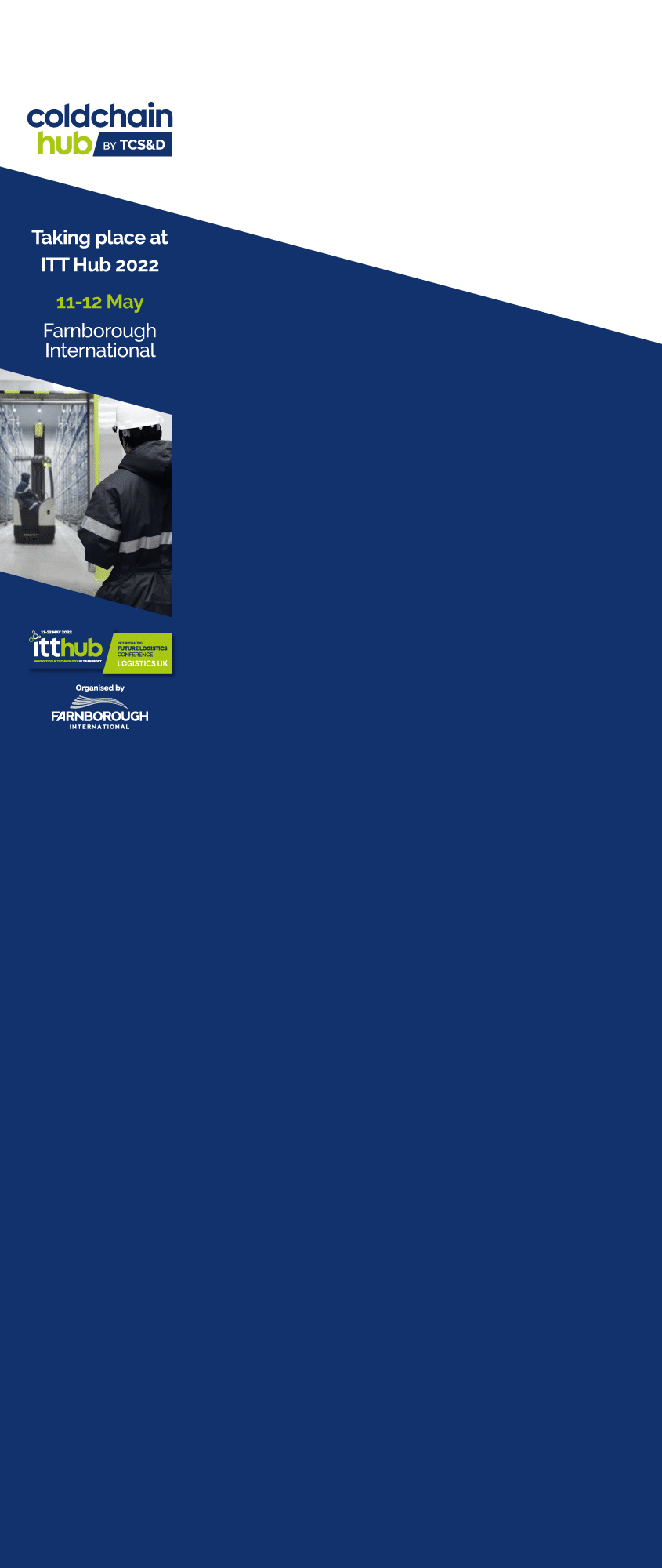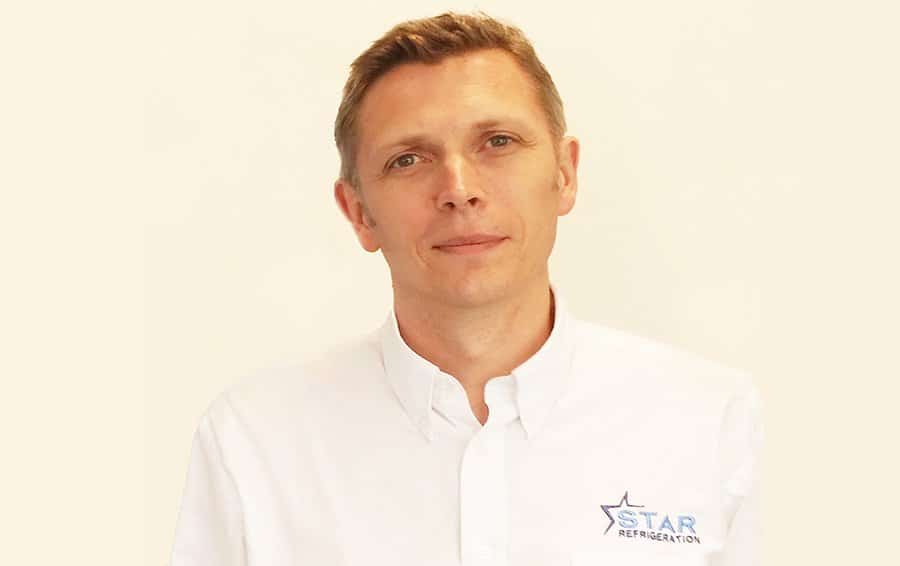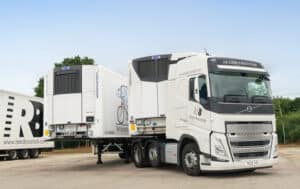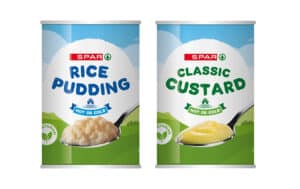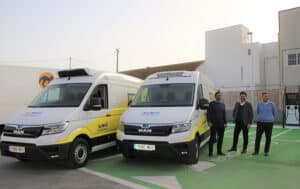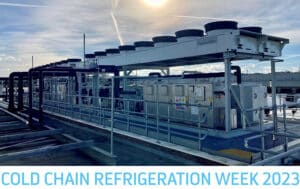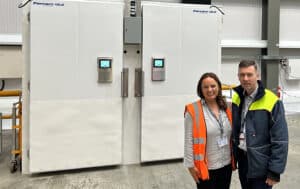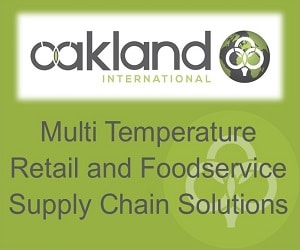Star Refrigeration will present a paper at the IOR’s Tech Talk webinar taking place on 15th April 2021 at 4pm. The anticipated event is set to attract sector professionals with its panel of six refrigeration specialists.
With a focus on energy saving technology, Dr Rob Lamb will be joining the expert panel to discuss ‘The future of refrigerants with GWP of less than 150’. The event showcases several individuals, including Geoff Mills of Epta and Damian Wiszniewski of Samsung who will discuss and explore which ultra-low GWP refrigerants they believe will be available and suitable for use in their sector.
Dr Lamb said, “Star Refrigeration has a long-established relationship with The Institute of Refrigeration and it’s always an honour to take part in their events. With years of experience designing and manufacturing systems which utilise low GWP refrigerants, I’m excited to share my paper with the participants of the upcoming Tech Talk.”
During the webinar Dr Lamb each member of the panel will present their considerations for choosing refrigerants with little to no global warming potential in a variety of settings such as commercial refrigeration, plug in cabinets and transport refrigeration. Dr Lamb’s paper places industrial refrigeration in the spotlight , highlighting ammonia and carbon dioxide as the leading low GWP refrigerants for the sector.
Following the presentations there will be a panel discussion and then questions will be welcomed from the audience.
As global industry heads towards net zero, refrigerants will play a crucial role. The main environmental concerns is global warming potential, which has now led to the phase down of high GWP hydrofluorocarbons (HFCs). Carbon dioxide and ammonia offer suitable natural alternatives to these synthetic refrigerants, with GWPs of 1 and 0, respectively.
Ammonia has been traditionally used for large scale industrial plants including cold storage and food production. Dr Lamb’s paper will talk about recent developments in reducing system charge and the move to packaged ammonia systems.
Carbon dioxide systems are now found in a growing number of applications including supermarkets, food manufacturing, temperature controlled storage and ice rinks. Dr Lamb will discuss how improving system efficiency is a key focus area for future development.He added, “We’ve seen interest in ammonia and CO2 grow in the past few years, and with good reason. They give long term certainty of refrigerant availability and cost. Both also offer good opportunities for improved efficiency and heat recovery.
The Institute of Refrigeration brings together engineers from all over the world to promote technology and science for the public benefit. Encouraging research and innovation, the organisation hosts a number of annual events to promote the sharing of knowledge and networking across the mechanical refrigeration workforce.



